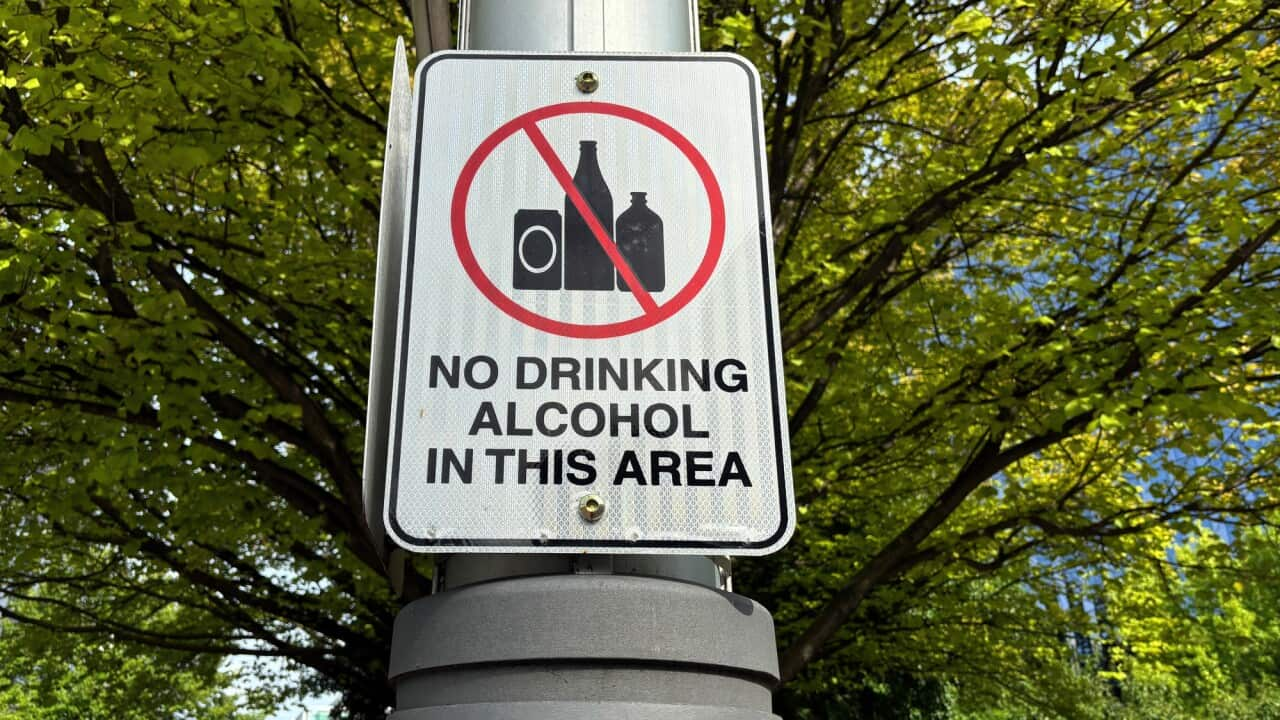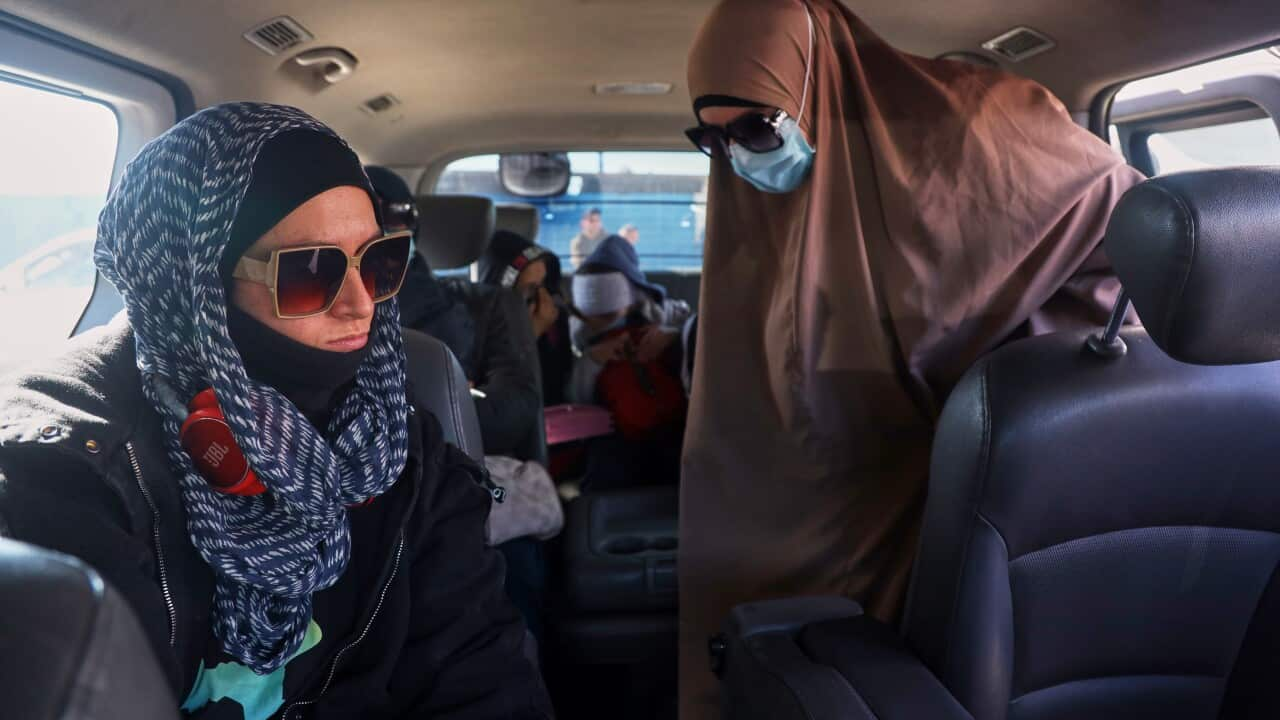ഓസ്ട്രേലിയയില് നിന്നുള്ള വാര്ത്തകളും, ഓസ്ട്രേലിയന് മലയാളികളുടെ വിശേഷങ്ങളും കേള്ക്കാനായി എസ് ബി എസ് മലയാളം പോഡ്കാസ്റ്റുകള് പിന്തുടരുക.
ഓസ്ട്രേലിയന് കുടിയേറ്റജീവിതത്തില് അറിഞ്ഞിരിക്കേണ്ട നിയമങ്ങളും ജീവിതരീതികളുമെല്ലാം മനസിലാക്കാന് ഞങ്ങളുടെ ഓസ്ട്രേലിയന് വഴികാട്ടി പോഡ്കാസ്റ്റും പിന്തുടരാം
Read this story in English
Running a business from home comes with plenty of perks—like flexibility and lower overall costs.
But whether you operate from home, a shopfront, or another location, every business requires compliance with regulations—some broad, others specific to your industry or local area.
“A home-based business is usually one where you have an area of your home set aside that is used exclusively as a place of business,” Australian Taxation Office (ATO) Assistant Commissioner Angela Allen explains.
“A really good example of a home-based business is running a hair salon in your home.”
If you are unsure whether your activities count as business for tax purposes, you can check by visiting ATO's website.
Tax and registration obligations
Regardless of your industry, a business comes with tax obligations and registrations.
Home-based or not, you'll need a Tax File Number (TFN) and an Australian Business Number (ABN). Both are free to obtain and can be applied for online.
“Depending on how much money you make, the size of your small business and if you have employees, you may also need to register for other ATO obligations such as GST, Pay as you go withholding (PAYG), and fringe benefits tax,” Ms Allen says.

Choosing the right structure for your home-based business is important—it impacts your tax obligations and the level of legal risk you're exposed to.
Alex Solo is the co-founder of Sprintlaw, an online legal service provider. He says the most common structure for individuals setting up a home-based business is sole proprietorship, also known as sole trader.
“It’s the cheapest, quickest option for a one-person business in Australia, you can do it yourself online.”
A company on the other hand, can cost at least $600 to set up and has ongoing fees and tax obligations attached.
But its biggest advantage is risk-protection.
“If things go wrong in the business, it really is separated from your personal life, your home assets, it's all limited to the company.”
Licensing approvals
A home business may also require government approvals, at federal, state or local government level.
People may not realise that for certain business types you need local council approvals.Alex Solo
This includes wellness professionals, personal trainers, beauticians, and virtually any service provider who sees clients at home.

Food and catering industry
Most food-related businesses will not be reaching out to their state government food safety regulator, but their council instead.
“It is a very important point to raise that the food business must contact their local council initially to seek some advice,” Andrew Davies, Acting CEO of the New South Wales Food Authority, recommends.
“From a food safety perspective, any food business can operate from home as long as the premises, the equipment and food handling practises meet the Food Standards code requirements, which applies across Australia,” Mr Davies says.
“And that will give you information like the minimum requirements when you receive, when you store the food, when you process, display, package, transport or dispose of it.”

Early childhood care at home
Early childhood educators can work from home under the Family day care service model, which is part-funded by the Australian government.
Typically, a Family Day Care educator will be registered as a sole trader and contracted by an approved service provider.
Andrew Paterson, CEO of peak body Family Day Care Australia outlines key prerequisites:
- Certificate III in early childhood education and care
- Working with Children Check and Police Check
- First aid and safety qualifications
“Family Day Care operates under national law, so regulatory quality and safety requirements are consistent across the country,” Mr Paterson says.
But educators also need to get council approval, and conditions vary.
Once you register with a Family Day Care approved service, they can support you in managing any local government requirements.Andrew Paterson
General business obligations still apply, Mr Paterson stresses, like tax registrations and adequate insurance.
“Family Day Care is not a babysitting or a childminding service.
“It's important to come into the sector with an understanding that you are an early childhood education professional, but you're also running a business and working in a highly regulated environment.”

Seek support before you start
If you’re new to business, it’s a good idea to seek professional support.
You can also contact the relevant government agency in your state or territory for advice and information about any government-subsidised workshops available.
Chris O’Hare, senior business adviser at the Western Australia's Small Business Development Corporation, encourages new business owners to invest in learning the basics of financial management and legal compliance.
“Because in the end, even if you go to a lawyer or an accountant and they recommend something to you, as a business owner, it is ultimately your decision.”
Many start a business motivated to put their skills to good use, but understanding your finances is essential, not optional, Mr O’Hare says.
“Money is almost like a taboo subject for some. But if you run out of money and your business closes, how many people are you going to be able to help?”
And if you’re setting up a home-based business while renting, don’t forget to seek landlord approval early on.
“Because they may choose not to allow you to do that.
“Imagine starting a home business and then having your residential lease cancelled because you’re breaking the terms. It would be quite a horrifying experience.”
- For tax time essentials and learning resources to support your home-based business, visit the ATO’s ‘Essentials to strengthen your small business’
- For business advice and assistance in your state or territory visit the government websites listed below:
Subscribe to or follow the Australia Explained podcast for more valuable information and tips about settling into your new life in Australia.
Do you have any questions or topic ideas? Send us an email to australiaexplained@sbs.com.au.








